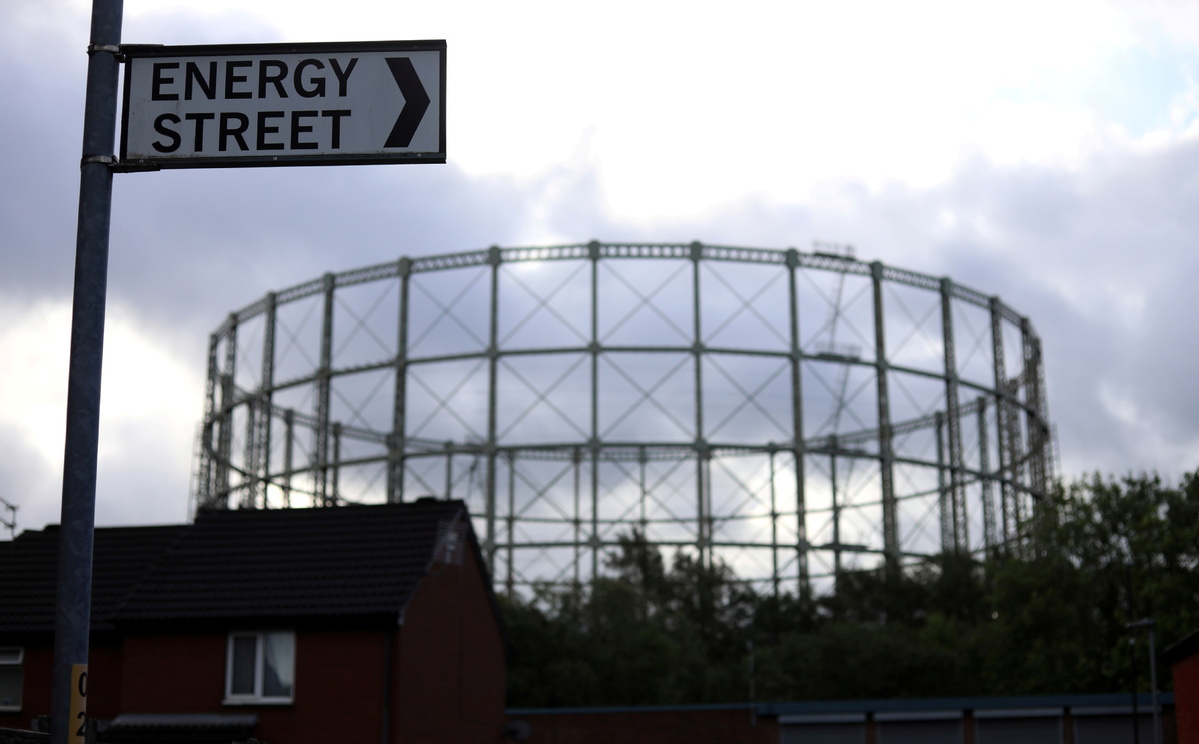Payouts could lessen energy bill burden


Energy supply companies in the United Kingdom are encouraging the government to consider a system where the state could pay out to providers when gas prices suffer sharp spikes, to lessen the impact on bill payers.
The suggestion for a system known as a temporary price stabilization mechanism comes shortly before the price cap on energy bills is due to be raised from its current annual limit of 1,277 pounds ($1,738) to more than 1,900 pounds, with a warning that it could rise further later in the year.
Increased prices are due to come into effect from April, coinciding with tax rises, fueling inflation and adding to a growing cost of living crisis shortly before local elections in May.
Government insiders have told the Financial Times that the system, which its backers say would be self-funding as payments would be returned when wholesale prices went below an agreed level, is "plausible" and "logical".
Emma Pinchbeck, chief executive of trade organization Energy UK, told the BBC discussions were already taking place.
"The Treasury has asked industry to look at options for spreading the cost of the gas itself over a longer period of time," she told BBC Breakfast program.
European measures
Paying back would mean that when prices, which went up hugely last year for a variety of reasons, including increased global demand as pandemic measures eased, and also moves toward greener energy, came down, "the industry pays back government and in a year when it's higher, the government helps the industry to spread the costs".
Last December, Energy UK's deputy director of retail Dan Alchin told The Guardian similar measures were working in Europe.
"Italy has stepped in and helped suppliers through loan facilities to spread increases out over longer periods of time," he said. "We're still working through how this could work in practice but that's one way it could be facilitated. You don't hit people with price increases all at once, you spread it out."
The idea is not universally popular, however, with some energy chiefs suggesting it would kill off market competition as there would be less incentive to change suppliers, and it is not the only option being considered, with a cut in taxes on domestic energy and targeted payments to those most in need also having been mentioned.
Katie Schmuecker, deputy director of policy at the Resolution Foundation think tank, told Sky News government intervention was urgently needed to avoid causing an even greater poverty crisis.
"Heading into the cost of living crisis we now find ourselves in, those families whose budgets are already under constant pressure are going to find themselves sinking even deeper into poverty," she said.
"What we need to see is urgent action from the government-an emergency payment-that goes to families on the lowest incomes to help them get through this crisis."
































